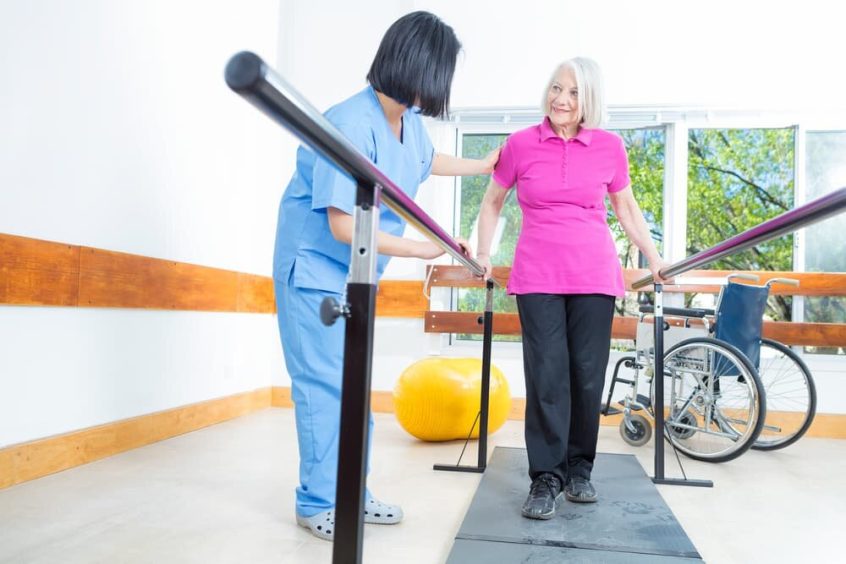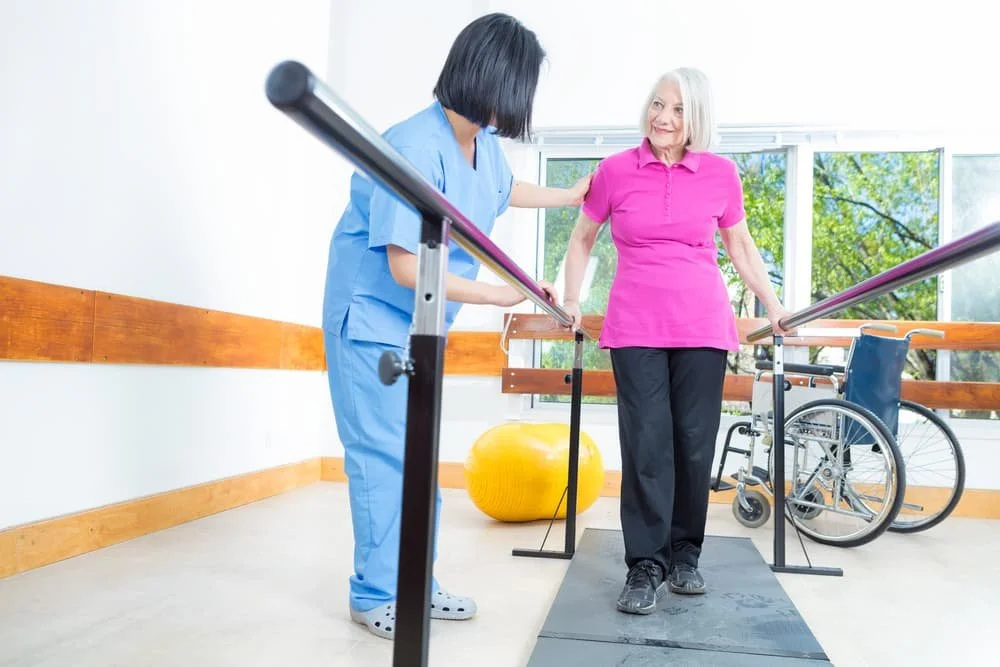Many individuals suffer from diseases that can negatively impact their ability to get around. Mobility challenges can negatively affect a person’s independence, self-confidence, and joy. Severe cases can make independent living outright impossible. However, there may be a way to minimize these ill effects.
Today, let’s explore the importance of mobility therapy, focusing on why it is integral to recovery.
It’s Possible to Re-Learn Motor Skills
Individuals suffering from acquired brain injuries or strokes that affect mobility can struggle to regain a comfortable life. In this regard, seeking out mobility therapy is critical, as motor skills – including bodily movement and the ability to walk – can be re-learned. This is true even years after the incident in question. Restoring mobility over time in such cases is made possible by the brain’s plasticity (“neuroplasticity”—the brain’s constant ability to form new neural connections when properly stimulated), which can be enhanced by ensuring continued therapy. As they say, practice makes perfect, and it is possible for someone with even a severe acquired brain injury or a disabling stroke to be able to maintain control over their mobility.
Prolonging Loss of Strength in Non-Recovery Cases
Many diseases, such as Multiple Sclerosis and Parkinson’s Disease, are devastating to bodily strength as time as goes on. However, patients can benefit from mobility therapy to ensure their physical fortitude lasts as long as possible. By working with experienced professionals in the safety of your own home or another environment, a series of exercises and techniques can effectively serve as a coping mechanism, giving you more time in control of your movements.
Combatting Balance and Vestibular Issues
Should an individual be suffering from dizziness, balance issues, frailty, or vestibular problems, consistent therapy to maximize their mobility can protect against many slips, trips, and falls. Many can effectively recover from these issues by maximizing control over their muscles and movements to develop a stronger connection between the mind and the body. This is why stroke sufferers tend to undergo intensive practice to redevelop their motor skills and ability to move around freely – and safely. Such therapies have highly restorative capabilities when administered over time.
Since “practice makes perfect”, it’s usually beneficial to perform the prescribed exercise often. The ability to exercise more frequently at home, under the supervision and proper professional medical guidance without having to travel to another facility, would often bring faster and more effective results than less frequent exercises.
If you or someone you know is suffering from mobility-related issues and needs to regain mobility and independence, know that you don’t need to face it all alone. Through our partnership with NeuroGymRehab, the Choice Homecare Ottawa team is happy to help you make more progress. Give us a call at 613-907-3191 to find out how Choice Homecare can help.


